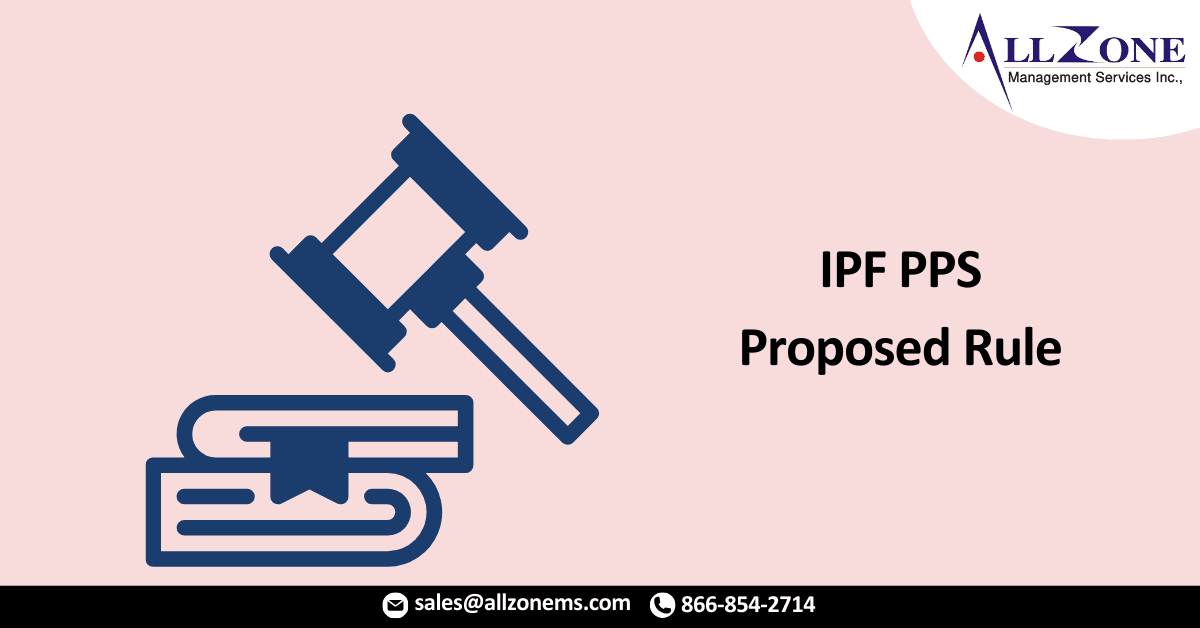Provisions include topsy-turvy payment adjustments across the country.
A proposed rule outlines payments, wages, and policies in fiscal year (FY) 2023 for inpatient psychiatric facilities paid under the Inpatient Psychiatric Facility Prospective Payment System (IPF PPS). The Centers for Medicare & Medicaid Services (CMS) issued the proposed rule March 31 and is accepting public comments on certain provisions until May 31.
IPF PPS Payment Rates in 2023
In the proposed rule, CMS says it will update payment rates in FY 2023 by 2.7 percent, based on a proposed IPF market basket update of 3.1 percent, less a mandated 0.4 percentage point productivity adjustment, amounting to an estimated average payment increase of 1.5 percent for all facilities.
There are several variables that affect that rate, however, including facility type, number of facilities, outliers, and the wage index and labor-related share. A proposed update to the outlier threshold, for example, would result in an average -1.2 percent decrease to aggregate payments. Outlier teaching IPFs with more than 30 percent interns and residents to beds (for which there are 24 in the country) would get hit the hardest with an estimated -3.7 percent reduction, resulting in a downward -0.9 percent change in 2023 IPF PPS payments.
CMS is proposing to apply a permanent 5 percent cap on wage index decreases “to smooth the impact of year-to-year changes in IPF payments related to decreases to the IPF wage index,” CMS writes in the proposed rule. The proposed FY 2023 wage index adjustment factors are in Addendum A.
Technical rate setting updates, adjusted for inflation, statutory, and other policy factors are proposed as follows:
Federal per diem base rate from $832.94 to 856.80
Federal per diem base rate for providers who fail to report quality data to $840.11
Electroconvulsive therapy (ECT) payment per treatment from $358.60 to $368.87
Addendum B (not available at this writing) shows the ECT procedure codes for FY 2023.
ECT payment per treatment for providers who fail to report quality data to $361.69
Labor-related share from 77.2 in 2022 to 77.4 percent
CMS invites public comments on the proposes labor-related share for FY 2023.
Wage index budget neutrality factor to 1.0016
Fixed dollar loss threshold amount from $16,040 to $24,270
CMS says in the proposed rule that they will use more recent data to determine the FY 2023 federal per diem base rate and ECT payment per treatment should it become available.
CMS Solicits Comment for Refinement Analysis
To ensure accuracy of the IPF PPS and properly account for variation in patient costs, CMS hired the Bizzell Group, LLC to study potential changes to the payment adjustments using recent available data.
In the final report, the company finds, “The impact simulations indicate that there would be significant potential changes to payments if the IPF PPS adjustment factors were updated based on the updated regression coefficients from this report.”
CMS is requesting comments on the IPF PPS refinement analysis. See the proposed rule at Section II.IV.B for the specific topics.
CMS Requests Information for Improving Quality in Medicare
CMS also includes in the proposed rule a request for information (RFI) regarding measurement and stratification tools it uses for addressing healthcare disparities and advancing healthcare equity within its Equity Plan for Improving Quality in Medicare. There are three main sections to the RFI:
Cross-setting framework to assess healthcare quality disparities;
Approaches to assessing drivers of healthcare quality disparities and developing measures of healthcare equity in the Inpatient Psychiatric Facility Quality Reporting (IPFQR) program; and
Solicitation of public comment on the principles and approaches under the first two sections, as well as thoughts about disparity measurement guidelines for the IPFQR program.
CMS will address public comments to the IRF in separate and future notice and comment rulemaking, rather in the 2023 IPF PPS final rule.
For More Information: 84676 cms issues 2023 ipf pps proposed rule

